What You Should Know About Consumer Guarantees under the Australian Consumer Law (ACL)
One of the most frustrating experiences for a consumer is to purchase a good or service and then discover it’s not what was promised – the item doesn’t work properly, or is missing components, or the service delivered was not what was requested.
It's easy to feel helpless in such situations, particularly if a complaint or query is essentially met with a shrug of the shoulders by the manufacturer or seller. But the Australian Consumer Law (ACL) does offer some protection of the rights of consumers when purchasing goods and services in the form of ‘guarantees’, depending on certain conditions. It’s important to distinguish these guarantees, which automatically apply to goods and services purchased in Australia, from warranties, which are promises that a seller makes to a consumer aside from, or in addition to consumer guarantees.
In this article we’ll look in some more detail at consumer rights and guarantees under the ACL, covering when they apply, the rights they afford consumers, distinctions between guarantees and warranties, and the remedies available when goods or services fail to meet ACL guarantees.
When do consumer guarantees apply?
Consumer guarantees under the ACL apply automatically to all goods and services purchased in Australia. These guarantees provide consumers with a set of rights and assurances, irrespective of any additional warranties provided by the seller. Whether purchasing a product or engaging a service, consumers are entitled to these guarantees as part of the law’s effort to ensure fairness and transparency in commercial transactions.
Products and services typically bought for personal or household use are covered by the ACL’s consumer guarantees. Businesses are also covered by the guarantees provided the product or service bought for business use:
- costs less than $100,000 (including GST);
- is a product or service commonly bought for personal, domestic or household use, or;
- is a vehicle or trailer that is used mainly to transport goods on public roads.
Consumer guarantees for products or services purchased for a business do not apply if they are used: for resupply; for use or transformation in production or manufacturing, or; to repair or treat other goods.
What rights does a buyer have under a consumer guarantee?
Consumer guarantees under the ACL allow the buyer to expect certain things when purchasing a good or service, including guarantees as to acceptable quality, fitness for purpose, and the supply of services.
Acceptable quality: Goods must be of acceptable quality, meaning they should be safe, durable, and free from defects. This guarantee covers issues such as appearance, finish, and performance, and whether the product performs in the same ways as similar products, ensuring that the purchased goods meet the reasonable expectations of the consumer.
Determining whether a product is of acceptable quality is an inexact science and requires comparison with similar products and other questions about the product’s age, manufacture, use and any claims made by the manufacturer or seller.
Fitness for purpose: This guarantee applies when consumers specify a particular purpose for the goods, and buy the goods or service on the advice of the seller who has advertised or promoted the goods as suitable for that purpose. If the goods do not meet this guarantee, consumers have the right to seek remedies. The guarantee may not apply if it’s unreasonable for the consumer to rely on the skill or judgement of the business in promoting the good as fit for a certain purpose, or if the business tells the consumer the product won’t meet their purpose, but the consumer buys the product anyway.
Supply of services: Services must be provided with due care and skill, ensuring that they achieve the desired result. Consumers have the right to expect services of a standard that a reasonable person would consider acceptable. They must also be provided within a reasonable time and the supplier must also take reasonable steps to avoid causing loss or damage when providing the service.
In addition, any good or service offered by a business must be accurately described, whether orally or in writing, and if a consumer buys a product based on a sample or demonstration model, the product must have the same quality and features.
A further guarantee applies to a manufacturer or importer providing spare parts and repair facilities for a good or service it has sold within a reasonable time after purchase, even in situations where the consumer did not buy the goods directly from the manufacturer or importer. This guarantee does not apply if the consumer is told at the time of purchase that repair facilities and spare parts will not be available after a certain time.
A consumer is also entitled to expect that when they purchase a good or service, they will have full ownership of the product; it will not be reclaimed or repossessed, and; any previous owner does not owe money for the product.
Guarantees versus warranties – what’s the difference?
It is essential to distinguish between consumer guarantees and warranties. Consumer guarantees are automatic rights afforded by law and are not dependent on any additional warranty provided by the seller. Warranties, on the other hand, are voluntary promises made by the seller or the manufacturer, providing additional assurances beyond the mandatory guarantees. While warranties can offer extra benefits, they do not replace or limit consumers' rights under the ACL.
Remedies available to consumers
If goods or services fail to meet the consumer guarantees outlined in the ACL, consumers have various remedies available to them, which will generally depend on whether the problem relates to a good or service, and whether the problem or alleged breach of the consumer guarantee is considered major or minor. A consumer may be able to choose the remedy they prefer. The seller or supplier retains the right to assess the impugned product or service before they provide a remedy.
In general, remedies under the ACL include:
- Repair, replacement, or refund: When goods do not meet acceptable quality standards or are faulty, consumers have the right to request a repair, replacement, or refund. This choice is at the discretion of the consumer, with the seller obligated to promptly fulfil the chosen remedy. It should be noted a business cannot rely on terms such as ‘no refunds’ or ‘no refunds or exchanges on sale items’ to exclude a consumer seeking this remedy. A consumer who misuses a product, changes their mind about it, was aware of a problem with it before purchase, asked for a service to be done in a certain way against the advice of the business, or complains about a problem not the responsibility of the seller, may not be entitled to repair, replacement or refund.
- Cancellation of services: If services do not meet the required standard of care and skill, and the failure is a major failure, a consumer can cancel the contract for services at any time. The consumer may also cancel the contract if the failure is a not major failure but the supplier has failed to remedy the failure within a reasonable time.
- Compensation for consequential loss: In cases where goods or services cause consequential loss or damage, consumers may be entitled to compensation. The loss or damage must have been reasonably foreseeable and not caused by something outside human control. Compensation should put the consumer in the position they would have been in if the goods or services had met the consumer guarantees.
- Unsolicited goods and services: If consumers receive goods or services they did not request (unsolicited goods), they are not obligated to pay for them. Sellers must collect the goods at their expense within a reasonable time.
Speak with our expert team
Consumer rights and guarantees under the ACL are designed to empower consumers with the confidence that the goods and services they purchase will meet reasonable expectations. When issues arise, the ACL provides a range of remedies to help facilitate a fair and equitable resolution for consumers but if you’re not sure how to take such action, contact our professional team at Frigo James Legal for more information on the appropriate next steps.





